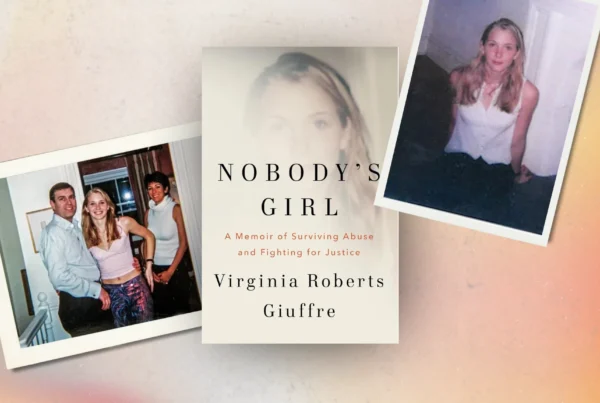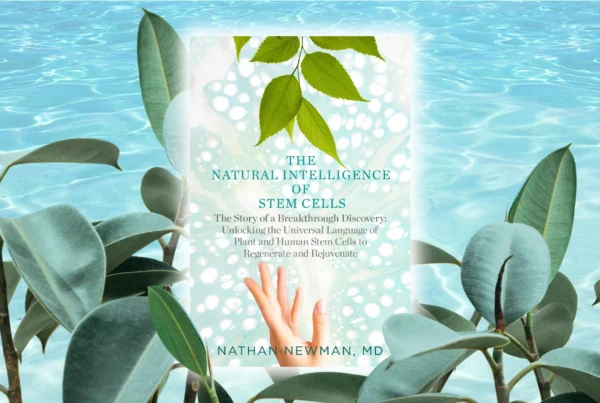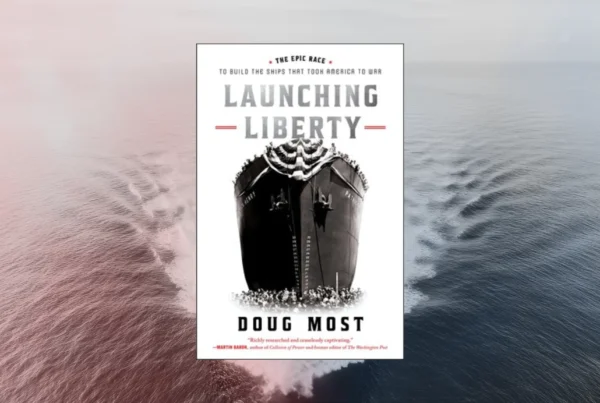The End of Eve by Ariel Gore
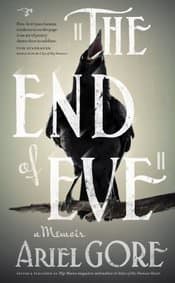 “In any given year, almost 30% of the U.S. population will be caring for an ill, disabled, or aging friend or family member.” So we are informed by Ariel Gore in her new memoir The End of Eve (Hawthorne Books, March). She goes on to explain: “The typical caregiver, it turns out, is me: An adult female with children of her own caring for her widowed mother.”
“In any given year, almost 30% of the U.S. population will be caring for an ill, disabled, or aging friend or family member.” So we are informed by Ariel Gore in her new memoir The End of Eve (Hawthorne Books, March). She goes on to explain: “The typical caregiver, it turns out, is me: An adult female with children of her own caring for her widowed mother.”
Gore is the publisher and editor of the alternative parenting magazine Hip Mama and the author of seven previous works of fiction and nonfiction. Her latest book about caring for her mother is not a how-to. While she beautifully details the turbulent years after her mother, Eve, was diagnosed with Stage IV lung cancer, the focus of the book is not about how to navigate doctors and treatment plans, or manage the logistics or the cost of such care.
 There are, of course, logistics, and the costs are high. Gore uproots her life, selling her house in Portland, Oregon, and moving with her young son and partner, along with her mother, to New Mexico, where Eve expects to die in a few months’ time. Everything falls apart after that. Gore’s heartbreaking and humorous account reveals how she balances the resentments borne out of a long and often abusive relationship with her mother with her responsibilities as Eve’s caregiver. In a recent interview, I asked Gore what drove her to write the book.
There are, of course, logistics, and the costs are high. Gore uproots her life, selling her house in Portland, Oregon, and moving with her young son and partner, along with her mother, to New Mexico, where Eve expects to die in a few months’ time. Everything falls apart after that. Gore’s heartbreaking and humorous account reveals how she balances the resentments borne out of a long and often abusive relationship with her mother with her responsibilities as Eve’s caregiver. In a recent interview, I asked Gore what drove her to write the book.
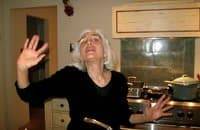 “As the daughter of a very critical mother, I used to go around feeling very self-conscious all the time. The legacy of our relationship was that I had a lot of anxiety, but that anxiety was self-centered. It felt like I was this horrible person that the world revolved around. I noticed very soon after she died that that feeling began to lift.
“As the daughter of a very critical mother, I used to go around feeling very self-conscious all the time. The legacy of our relationship was that I had a lot of anxiety, but that anxiety was self-centered. It felt like I was this horrible person that the world revolved around. I noticed very soon after she died that that feeling began to lift.
“I trust that most people who read my book already know something about love and trauma and nurturance and heartbreak and the violence of life and survival and lust and grief and rage and wanting to behave in a way we’ll be proud of. Part of the reason, though, that there are so few stories about the hard and crazy part of caregiving for the dying is that our culture teaches us to ‘get over it’—which is a kind of forgetting. I didn’t want to forget.
“I started writing The End of Eve just a couple of weeks after my mom died. From a mental health perspective, I probably should have waited. I had a lot of nightmares. But from an artistic perspective I knew I couldn’t wait. Very soon after my mom died I found myself beginning to sugar-coat the experience. I told myself, well, maybe it wasn’t that bad. That’s when I knew I had to get the story on paper as soon as I could.”
While the book is about the time between Eve’s diagnosis and her eventual death, it incorporates flashbacks from Gore’s childhood and adolescence as a way to further explain their complicated relationship. Gore explained, “I used flashbacks to illuminate her character and show that her particular way of being and her particular patterns of crazy were who she was—not just the result of tumors and being told she was going to die—although obviously those things didn’t help!” The memoir, in this way, is both a story about Gore’s struggle to care for Eve, and a complex family drama that incorporates four generations.
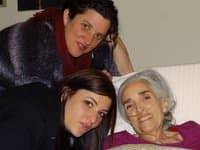 Gore’s grandmother is a vivid character in the book, depicted in memories and through the various objects that she has left behind. “My Gammie died just a few weeks before my mom’s diagnosis. So I went from having a mother and a grandmother to facing being the matriarch myself very quickly, and that was something I felt very aware of. I think it added to the sense that I really wanted to behave in a way that I was going to be proud of. Because I wasn’t a child anymore,” Gore told me. “Also, I loved my Gammie like a tomato! In a way that is whole and raw and red. Any chance to write about my Gammie feels good.”
Gore’s grandmother is a vivid character in the book, depicted in memories and through the various objects that she has left behind. “My Gammie died just a few weeks before my mom’s diagnosis. So I went from having a mother and a grandmother to facing being the matriarch myself very quickly, and that was something I felt very aware of. I think it added to the sense that I really wanted to behave in a way that I was going to be proud of. Because I wasn’t a child anymore,” Gore told me. “Also, I loved my Gammie like a tomato! In a way that is whole and raw and red. Any chance to write about my Gammie feels good.”
 The reader comes away from the book with the sense that the act of writing was more often necessary than good. For Gore, memoir is “about remembering. About turning pain into beauty. About integrating the trauma of life. And I think in some ways…about acknowledging our mortality, but also searching for a place—through art—where death has no dominion.”
The reader comes away from the book with the sense that the act of writing was more often necessary than good. For Gore, memoir is “about remembering. About turning pain into beauty. About integrating the trauma of life. And I think in some ways…about acknowledging our mortality, but also searching for a place—through art—where death has no dominion.”
Whether we assume the role of caregiver or not, all of us at some point in our lives will search for this place. In Eve Gore writes, “Americans had moved from a moral mythology to a technological mythology, so we’d come to see death as something that could be overcome. Death was like a broken appliance—just a mechanical problem to be investigated, solved, and fixed.” But of course that isn’t true at all: We cannot fix death; we can only survive it.
Books can help. Gore read On Death and Dying by Elisabeth Kübler-Ross; Cuttin’ the Body Loose by William Joseph Gavin; The Year of Magical Thinking by Joan Didion; and the work of Leslie Marmon Silko, which, she explained, “grounded me in the geography and the mythology and head-space of the American Southwest, where I’d found myself.” The End of Eve is another book that can help. It is a book not just for caregivers, or mothers, or daughters, but for anyone who has experienced the trauma of both love and loss.
Image Credits:
All photographs courtesy of Ariel Gore


